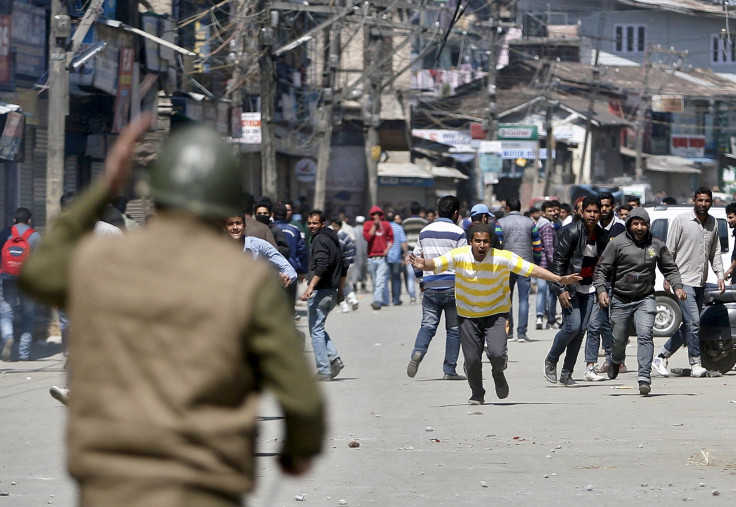India-Pakistan Relations: Pakistan Cancels High Profile Security Meeting With India Amid Falling Out

Pakistan has called off high-profile talks with India aimed at discussing sustained peace and cooperation between the two countries, according to a report in the Express Tribune. Pakistani officials said Saturday they were unhappy that India had reduced the talking points of Monday’s meeting to just concentrate on cross-border terrorism and the heavily fortified de facto border that both countries share in the contested regions of Kashmir and Jabbu.
Pakistani officials were expecting to discuss a wide range of issues between the two countries and were upset that India had allegedly set the agenda of the meeting while also establishing a Friday midnight deadline for Pakistan to either agree or cancel.
“We have come to the conclusion that the proposed National Security Agency-level talks between the two countries would not serve any purpose if conducted on the basis of the two conditions laid down by the [Indian] minister,” said a spokesperson for the Pakistan Foreign Office.
Indian rebuffed Pakistan’s reasoning for cancelling the meeting, suggesting that it was wrong in suggesting that India had set any fixed agenda.
India's foreign ministry spokesman Vikas Swarup said in two tweets that "Pakistan's decision is unfortunate. India did not set any preconditions” and that they “only reiterated that Pakistan respect the spirit of the Simla & Ufa Agreements to which it was already committed."
Pakistan's decision is unfortunate. India did not set any preconditions.
— Vikas Swarup (@MEAIndia) August 22, 2015We only reiterated that Pakistan respect the spirit of the Simla & Ufa Agreements to which it was already committed.
— Vikas Swarup (@MEAIndia) August 22, 2015India and Pakistan have a long history of division, primarily resulting from disagreements over the borders in the region of Kashmir. But more recently, the two have disagreed strongly about the influx of Muslim terrorists coming across the border from Pakistan to commit acts of terror.
The Simla and Ufa agreements are to two treaty-style accords between India and Pakistan, which were established to end the Indo-Pakistani war of 1972 and to resolve all outstanding issues between the two countries.
Pakistan foreign office spokesperson Qazi Khalilullah said that while India had conceded that talks between the two countries were about overall peace, he was alarmed by restricting discussions to just the two issues.
“That is why Pakistan had suggested that apart from discussion on terrorism-related issues, the two sides should also discuss modalities, and if possible, a time schedule for discussions on all outstanding issues,” said Khalilullah. “That is the only way to improve the prospects for peace between the two countries.”
© Copyright IBTimes 2025. All rights reserved.






















